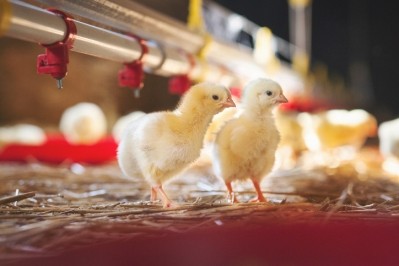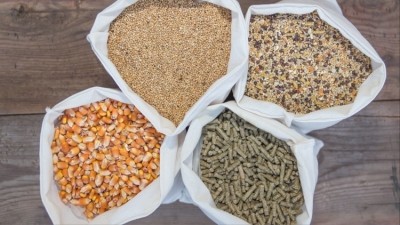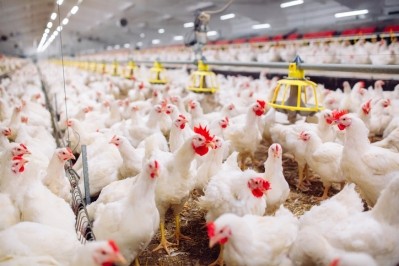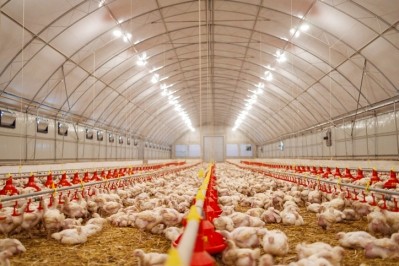AVEC urges EU policymakers to protect poultry sector from unfair competition
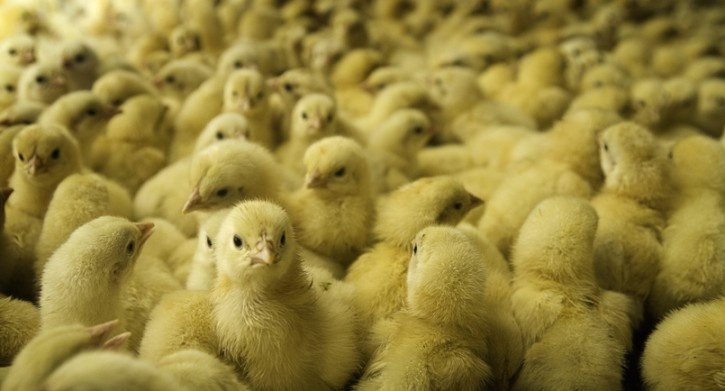
At its 66th General Assembly, the Association of Poultry Processors and Poultry Trade in the EU (AVEC), made a call for action to EU policymakers, urging them to defend the region's poultry sector against unfair competition from third countries.
As the EU embarks on its 2024-2029 legislative term, AVEC president, Gert Jan Oplaat, pointed to the urgent need for policies that reflect the strategic importance of food production in Europe. “The EU poultry sector is essential to maintaining Europe’s food self-sufficiency. It’s critical that policymakers shield it from unfair competition.”
AVEC’s appeal included a call for stronger alignment between the EU’s trade and sustainability goals, a review of how agricultural products are treated in trade negotiations, and a commitment to ensuring that trade agreements uphold Europe’s high standards for animal welfare, biosecurity, and sustainability.
The recently released OECD-FAO Agricultural Outlook 2024–2033 predicts a 15% increase in poultry meat consumption globally from 2023 to 2032, with a 4% increase in Europe
Food security
Oplaat’s message was reinforced throughout the assembly. He opened the event by emphasizing the geopolitical significance of food production. Food has become a strategic weapon, one that Europe must wield wisely, he said.
Denis Redonnet, deputy director-general for trade at the EU Commission, agreed that the EU must ensure its capacity to produce, not only for domestic markets but also for third countries, as part of its global trade strategy.
Ukrainian imports
AVEC, in its recently published annual report, claims the liberalization of Ukrainian poultry imports under the EU Autonomous Trade Measures (ATM) led to a sharp rise in imports to Europe. After discussions with the EU Commission, trigger levels for 2023 and 2024 were set to maintain fair import levels, added the trade group. While European producers support Ukraine amid the ongoing war, AVEC says it is open to future trade discussions to ensure a balanced solution with equal production standards for poultry meat in both regions.
Professor Rob de Wijk of Leiden University warned of the fragility of international food supply chains, noting that these threats could undermine efforts to achieve the UN’s Zero Hunger objective by 2030. "Protectionism, unilateralism, and economic warfare are now threatening the global food system," he said. “Food security is not merely an agricultural issue but a crucial geopolitical concern. We simply cannot reduce the output of a sector if we want autonomy."
Feed impact
Feed is the primary source of GHG emissions in poultry meat production, and AVEC's feed subgroup is exploring ways to reduce its impact, according to its annual report. Approaches being assessed include using former foodstuffs and insect oil in poultry feed, though the latter has proven to be cost-inefficient in the short to medium term. The group is also collaborating with FEFAC to address the upcoming EU Deforestation Regulation (EUDR), which takes effect in January 2025, though it noted ongoing uncertainty about how the new rules will affect soy supply and pricing.
Challenges from imported products
A key focus of the assembly was the competitive pressure facing EU poultry producers. AVEC secretary general, Birthe Steenberg, highlighted that while the EU’s poultry industry operates under some of the world’s strictest standards for animal welfare and sustainability, it faces growing competition from imports that do not meet these same requirements.
While the EU sector is committed to high-quality, sustainable production, if there is no reciprocity in trade agreements and clear product origin labelling in restaurants and processed foods, European producers will be at a disadvantage, she added.
Broiler welfare study
A recent study commissioned by AVEC highlights the significant impact of transitioning to European Chicken Commitment (ECC) standards for broiler welfare. Conducted by independent consultancy, ADAS, the report showed that shifting 5.7 billion birds annually from standard to ECC production would increase feed and water consumption by 35%, raising production costs by 37.5% per kilogram of meat. Additionally, greenhouse gas (GHG) emissions would rise by 24.4%, and maintaining current production levels would require nearly 10,000 new poultry houses, costing an estimated €8.24bn.
According to AVEC, the study revealed that a full transition to an ECC-based production system would inevitably lead to higher prices, with two likely effects: the exclusion of a significant portion of consumers from buying chicken meat and a dramatic increase in imports from third countries with lower animal welfare standards
Despite these challenges, Dr Tracey Jones of Compassion in World Farming (CIWF) emphasized that while ECC production may have higher costs and environmental impacts, mitigation strategies can make it both commercially and environmentally viable. Practices such as feed reformulation, better manure management, renewable energy adoption, and full carcass utilization could offset some of the negative effects. She said the AVEC commissioned report also overlooked benefits such as lower rejection rates in slaughterhouses and reduced food waste due to higher quality meat, which could further enhance the efficiency of ECC systems.
In addition, Dr Jones stressed that while slower-growing breeds used in ECC production require more feed, they have the advantage of needing a lower protein diet, thus reducing the dependency on soy. She argued that sustainable practices, like using alternative protein sources and improving energy efficiency, could help balance the welfare and environmental goals of ECC production.
